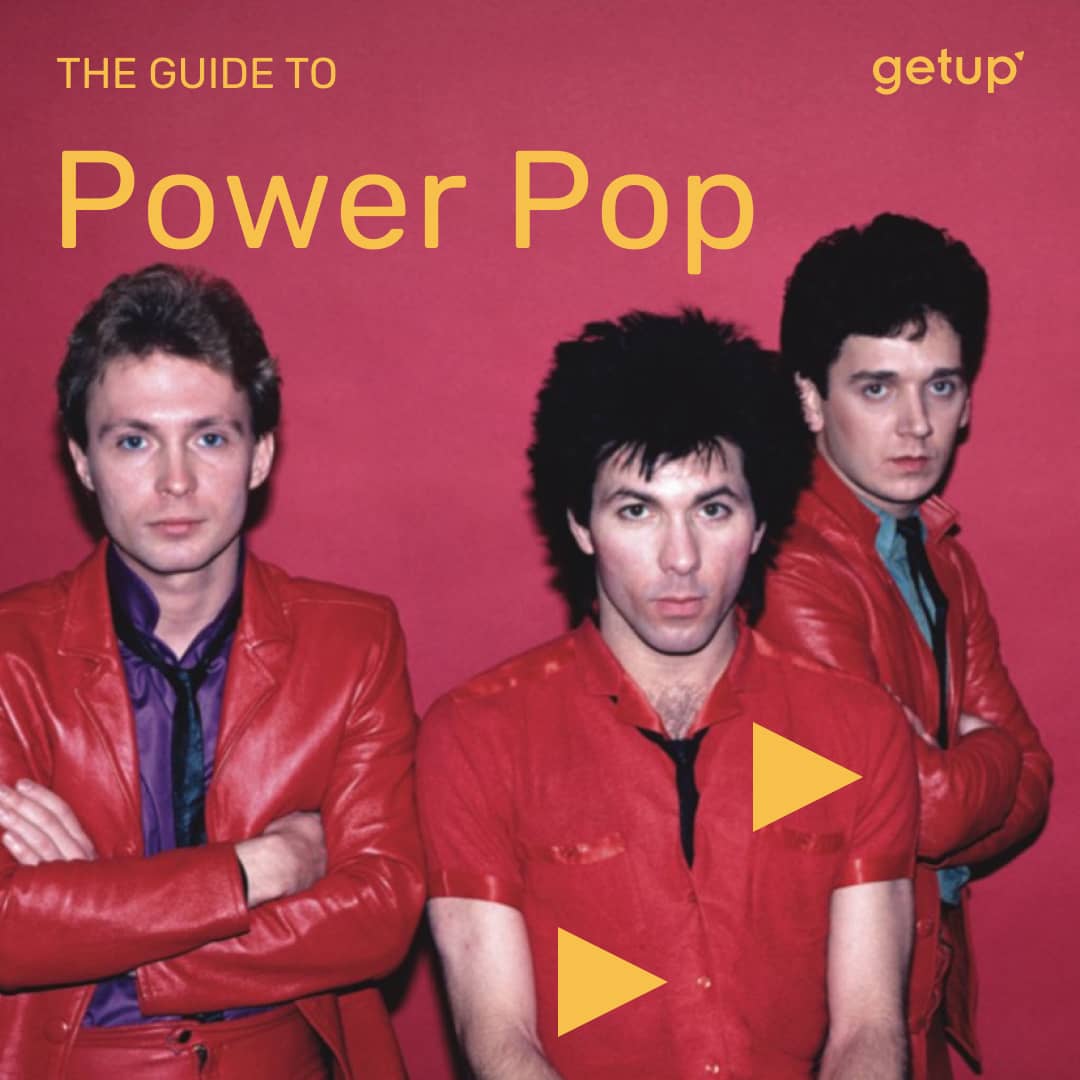“An as yet uncelebrated link between two eras” – that could be the posthumous definition of power pop, a cult musical genre that peaked roughly between 1975 and 1983. But posthumous, really? Well not quite, because power pop sowed seeds that we regularly see growing again, sometimes as a way to soften grunge, or as a diet pill for hard rock. It's a historical loop that makes sense, given that the genre had its roots in the explosion of the 60’s, with Beatles, the Who and Byrds as its glorious ancestors.
Back then it didn’t take long for the rock wheel to turn. The golden age of songwriting with its sparkling electric guitars and obvious melodies seemed long gone. Not only had the legendary bands disappeared, but they’d been replaced by hairy blokes whose approach was sometimes more sophisticated, sometimes more pompous, and sometimes just downright crude. The 1970s saw the advent of prog rock, the arrival of synthesizers, and displays of musical virtuosity as though everyone was competing in a contest of excellence.
In the United States, artists like Todd Rundgren and Big Star acted as intermediaries, kickstarting a movement that stayed true to a simple style of writing, catchy melodies, and songs lasting 3 minutes maximum. From Boston to Los Angeles a motley crew of bands emerged such as The Knack, Cheap Trick, and The Romantics, all of whom were able to write edgy hits that were quickly picked up by the country’s FM radio stations. Electric riffs, light lyrics that fit onto a Post-it note, choruses etched into the listener’s brain from the first listen: power pop sticks like chewing gum turbo charged on caffeine. At the same time, punk arrived in the United States with its even stronger drive to return to the naivety and fundamentals of rock’n’roll. Although power pop artists benefited from the demand created by the punk explosion, they also remained in the shadows as they were reluctant to deviate from their formula, where punk would quickly go to the wall or crest a new wave spawning numerous offshoots, transformations and innovations.
This is where the magic of power pop lies: ultra-effective music made by passionate people who perform it wonderfully but don’t know (and don’t want!) anything else. Fortunately, there are bridges between the genres, such as the Englishman Nick Lowe who came from pub rock and was capable of writing timeless pop songs and producing new wave bands. In the opposite direction, punk artists wrote power-pop gems for bands like Blondie and The Go-Go’s. Even some hard rock and FM rock bands flirted with power pop as they lightened their heavier riffs. However, with the break up of many of these bands, power pop ran out of steam in the mid 1980s and was consigned to the bargain bin, extinguished by the headwind of the latest trends.
What remains is a legacy of furiously timeless songs; tales of naïve and eternal love that get us going whenever rock is too navel-gazing and loses itself in the effects of fashion or in the pretentiousness of its orchestrations. Power pop is like an eternal reminder of how rock could have stayed, Big Star’s “September Gurls” being an eternal blueprint for the perfect power pop song.

.jpg)

.jpg)
.jpg)